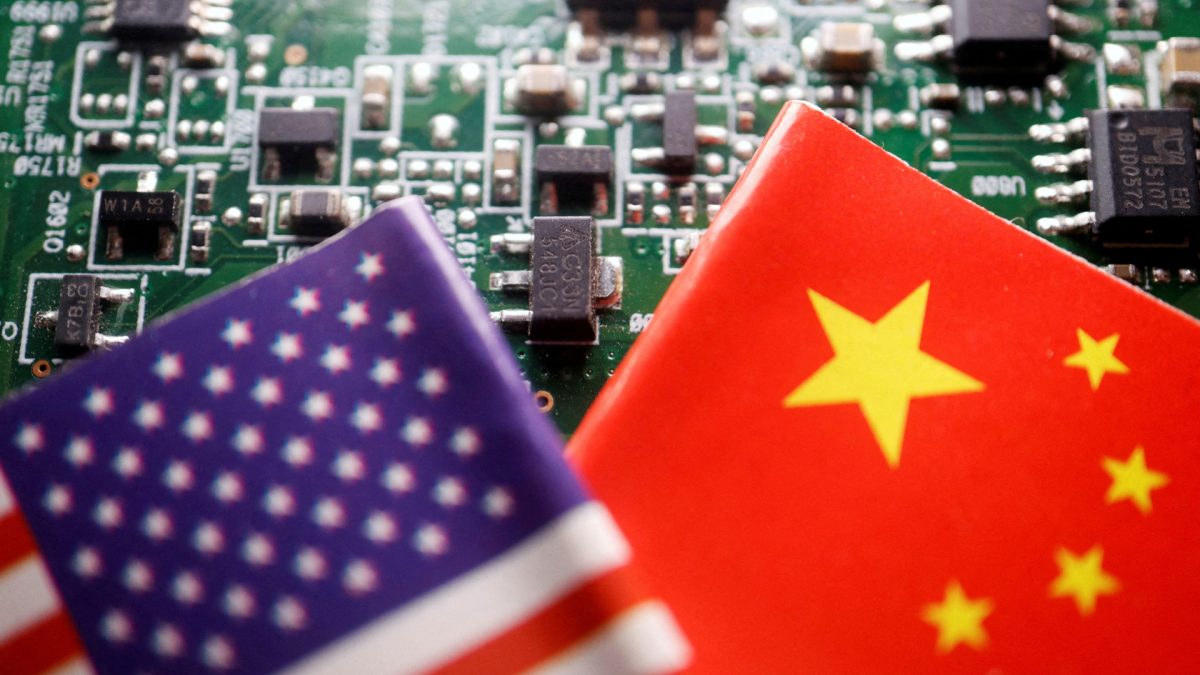Chinese chipmakers Moore Threads and Biren Technology, known for their AI capabilities with potential military applications, reportedly gained access to advanced UK technology before being blacklisted by the US in 2023.
These companies, described as China’s leading AI chip designers, were restricted by the US for their involvement in developing technologies linked to weapons of mass destruction and surveillance.
Despite this, both firms secured architectural licences from Imagination Technologies, a renowned UK-based chip designer. These licences allowed access to cutting-edge designs and processes integral to AI systems. While Imagination denies facilitating any military applications or breaching export laws, concerns have been raised about the risks of unintentional knowledge transfer.
Concerns over knowledge transfer
Former employees of Imagination have alleged that the licensing deals included detailed “knowledge transfer programmes,” enabling Chinese engineers to learn the intricacies of chip design. This process, they claim, could allow Chinese firms to replicate Imagination’s expertise. The programmes reportedly involved step-by-step training, although Imagination insists these arrangements were limited in scope and typical within the industry.
The controversy arises amid growing scrutiny of Chinese efforts to acquire advanced technology. Imagination, headquartered in Hertfordshire, specialises in graphics processing units (GPUs) essential for AI. Its designs power billions of devices, including iPhones and cars. Critics fear the architectural licences granted to Moore Threads and Biren Technology could inadvertently aid the development of military AI systems, such as autonomous weapons.
Tensions over Chinese ownership
Imagination’s dealings with Chinese firms have been complicated by its ownership. The company was acquired in 2017 by Canyon Bridge, a private equity firm backed by Chinese state funding. This move, approved by the UK government despite objections in the US, raised fears about technology transfer to China.
Ron Black, Imagination’s former CEO, expressed concerns about the Chinese government’s influence, alleging attempts to gain control over the company. His departure in 2020 followed tensions over plans to appoint Chinese representatives to the board, which were eventually abandoned under government pressure.
Lingering risks and fallout
Although Imagination claims to have terminated its licences with the blacklisted Chinese firms, concerns persist. Reports suggest that Moore Threads’ GPUs may incorporate Imagination’s technology, with some analysts accusing the company of lacking transparency. Biren Technology, meanwhile, has received funding from the Russia-China Investment Fund, heightening fears over its geopolitical implications.
This case highlights the challenges of balancing commercial partnerships with national security concerns, particularly as China accelerates its pursuit of technological dominance. The episode underscores the need for stricter oversight of sensitive technology exports to ensure they are not misused for military purposes.
)